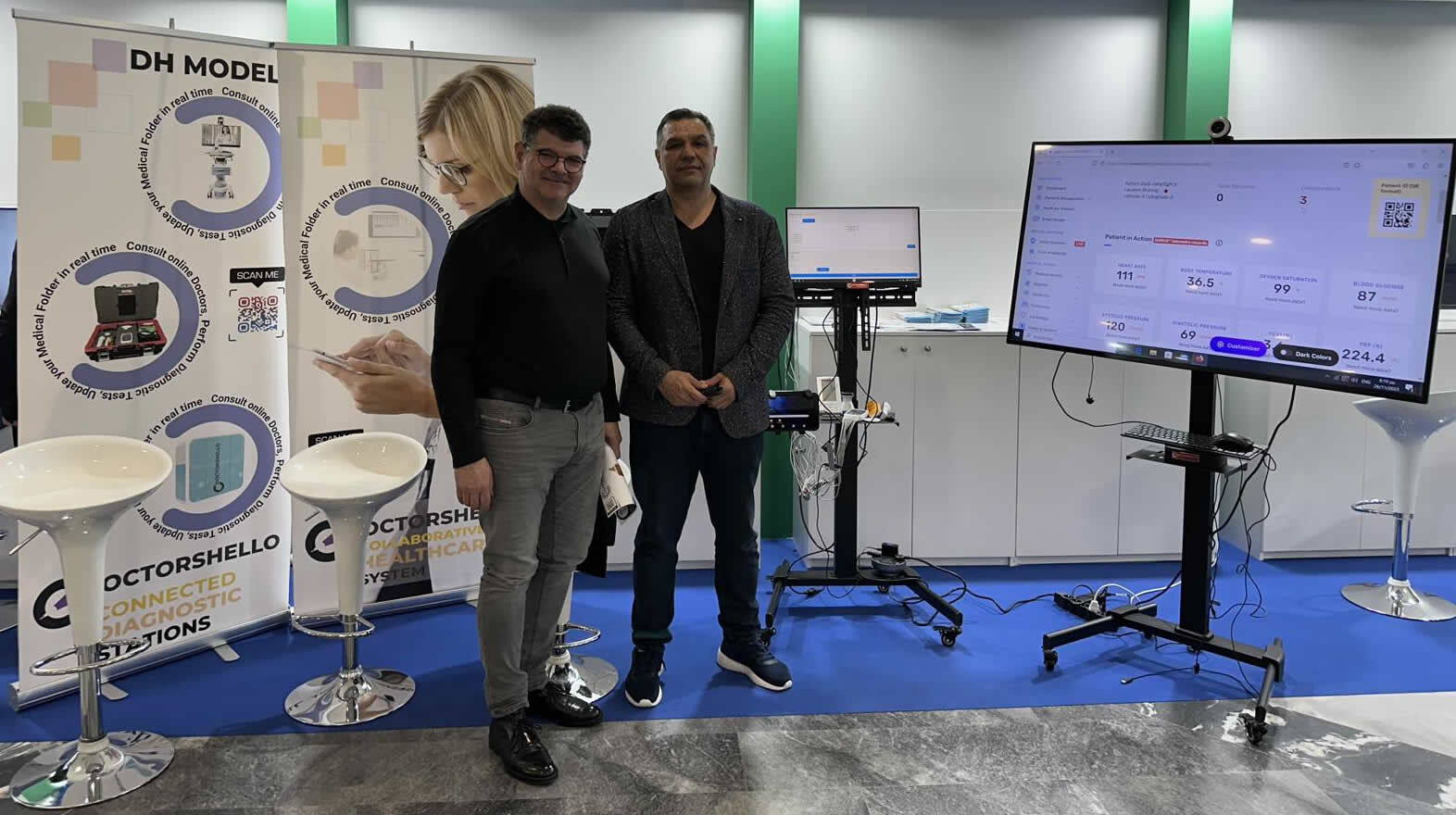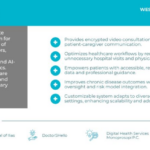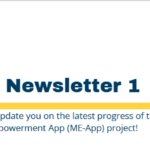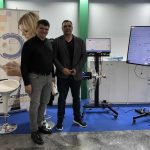Multi-stage monitoring triage at home for Cardiovascular Diseases (CVDs)
In the context of the European program HealthChain I3, SYSTSERV is responsible for coordinating the successful employment of pre-hospital triage activities in the General Hospital of Ilias. The main objective of this program is to develop a digital solution for the multi-stage monitoring triage at home for cardiovascular (CVD) patients, reducing hospital visits / re-admissions and improving citizens quality of life.
The solution is anticipated to facilitate healthcare professionals with tools to consult patients in need, remotely, and provide diagnosis and care where needed, based on real measurements reported on web systems. In fact, real measurements and relevant data should be collected by reliable equipment and transferred, in-real time, and be presented on a web system, that supports also the teleconsultation services.
The solution was co-developed to:
• Enable remote monitoring of patients experiencing basic post-operative or chronic conditions (e.g. atrial fibrillation) and need healthcare support at home
• Support both citizens with chronic needs and more emergency cases where they require prompt care delivery (more frequent condition for high volume admissions in hospitals e.g. sudden heart pain)
• Enable direct communication between patients and the care professionals of the Hospital, through safe and encrypted communication protocols over proprietary servers and not commercial third-parties,
• Utilise telemetry systems for providing real measurements based on medical-grade equipment,
• Record and transfer in real-time ECG measurements and related biomarkers,
• Include Notifications system, for emergency alerts,
• Consider inclusivity both for seniors and younger patients, ensuring that the proposed system is user-friendly even for the least ICT experienced users and all diagnostic equipment is wireless for advanced ease-of-use.
• Analyse the impact of remote home monitoring models against care delivery in hospitals and other traditional healthcare settings.
• Implement data access and analytics tools to collect, store, analyze, and visualize patient data generated during remote consultations and monitoring. This may include dashboards, reporting tools, and analytics software to track patient outcomes, identify trends, and make data-driven decisions to optimize the telecare program’s effectiveness.
• Implement robust data security measures to protect patient confidentiality and comply with healthcare regulations. This includes encryption of data in transit and at rest, access controls, authentication mechanisms, regular security audits, and compliance with relevant data protection standards.
• Enable all users to login from a web system consisted of the teleconsultation subsystem, and the telemetry subsystem,
o Create different roles per user
o Use strong encrypted user authentication protocols
The project was initiated October of 2023 and has now been successfully completed September 2025, with the assistance of DHS SME and the solution of ERTRIAGE.






